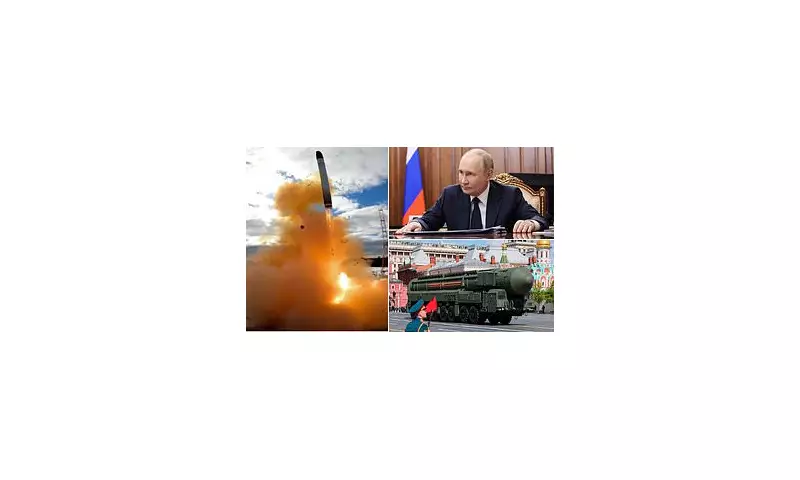
In a move that has sent shockwaves through international diplomatic circles, Russia has formally withdrawn from the Intermediate-Range Nuclear Forces (INF) Treaty, a pivotal Cold War-era agreement that prohibited the development and deployment of short and medium-range nuclear missiles.
The Kremlin issued a stern warning to Western nations, accusing them of undermining global stability. This dramatic escalation comes amid heightened geopolitical tensions and raises fears of a renewed arms race.
What Does This Mean for Global Security?
The INF Treaty, signed in 1987 by the US and Soviet Union, was a cornerstone of nuclear disarmament efforts. Its collapse marks a significant setback for international arms control.
Analysts warn that Russia's withdrawal could lead to:
- Increased deployment of nuclear-capable missiles in Europe
- A potential arms race in Asia
- Further deterioration of Russia-West relations
Western Response
NATO officials have condemned Moscow's decision, calling it "a grave mistake" that threatens European security. The alliance is reportedly considering countermeasures, though details remain undisclosed.
This development comes as Western intelligence agencies report increased Russian military activity near NATO borders, fueling concerns about potential confrontations.
Historical Context
The INF Treaty eliminated an entire class of nuclear weapons, with both sides destroying nearly 2,700 missiles. Its termination revives fears of nuclear escalation not seen since the Cold War's darkest days.
Experts suggest this move may be part of a broader Russian strategy to reshape the global security architecture while the West remains distracted by other crises.





